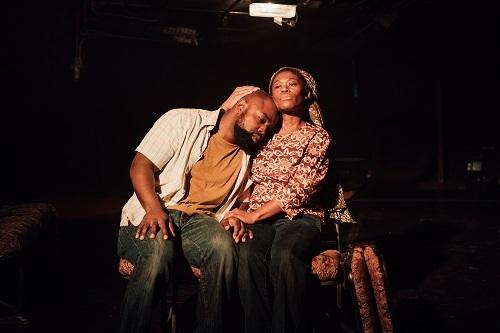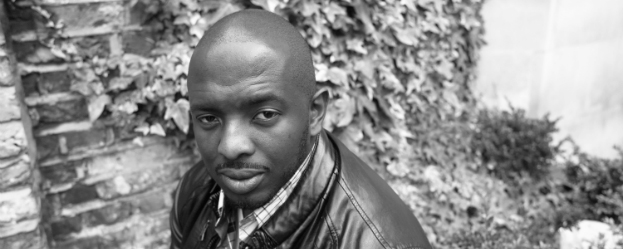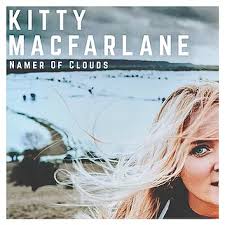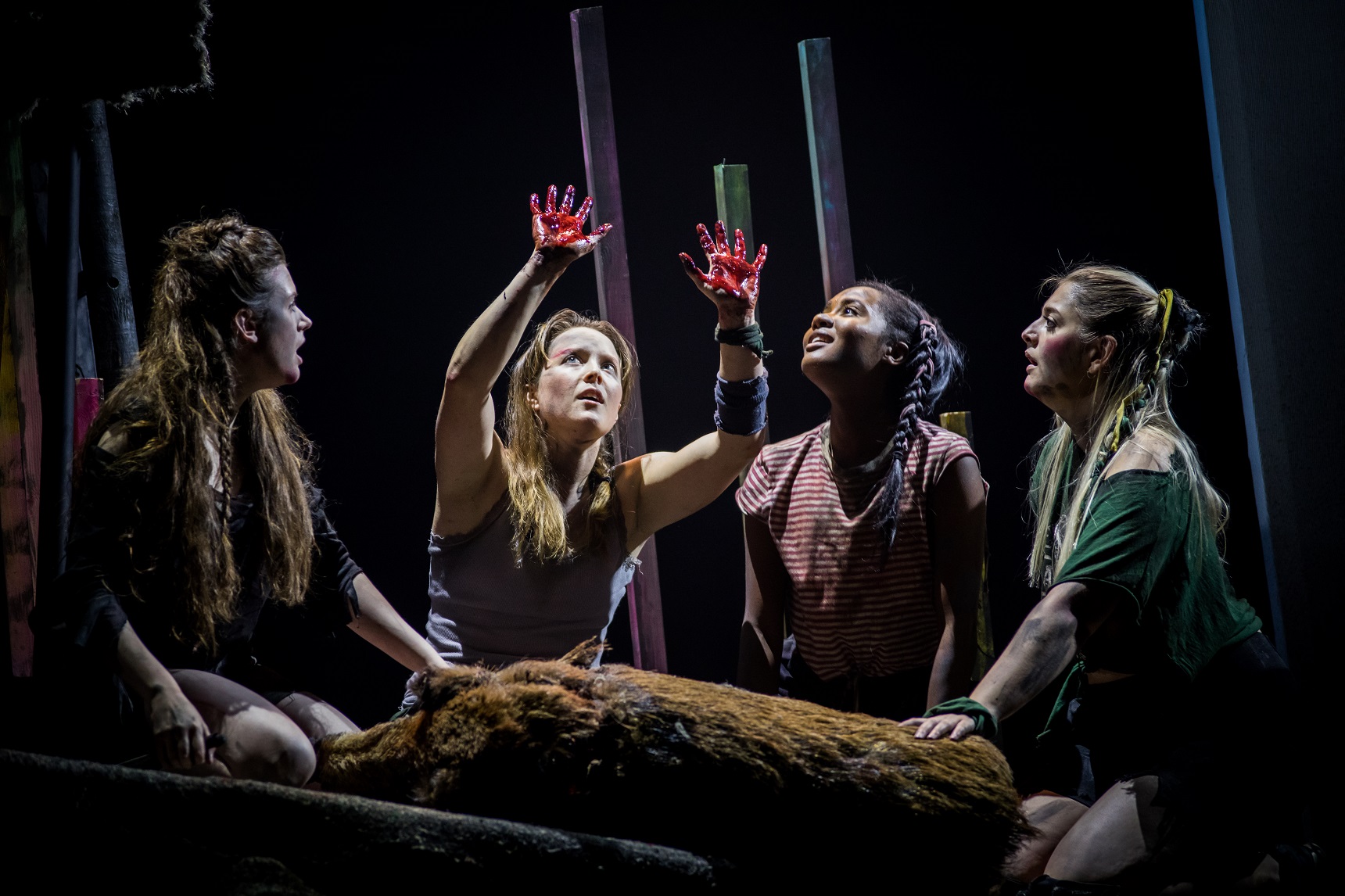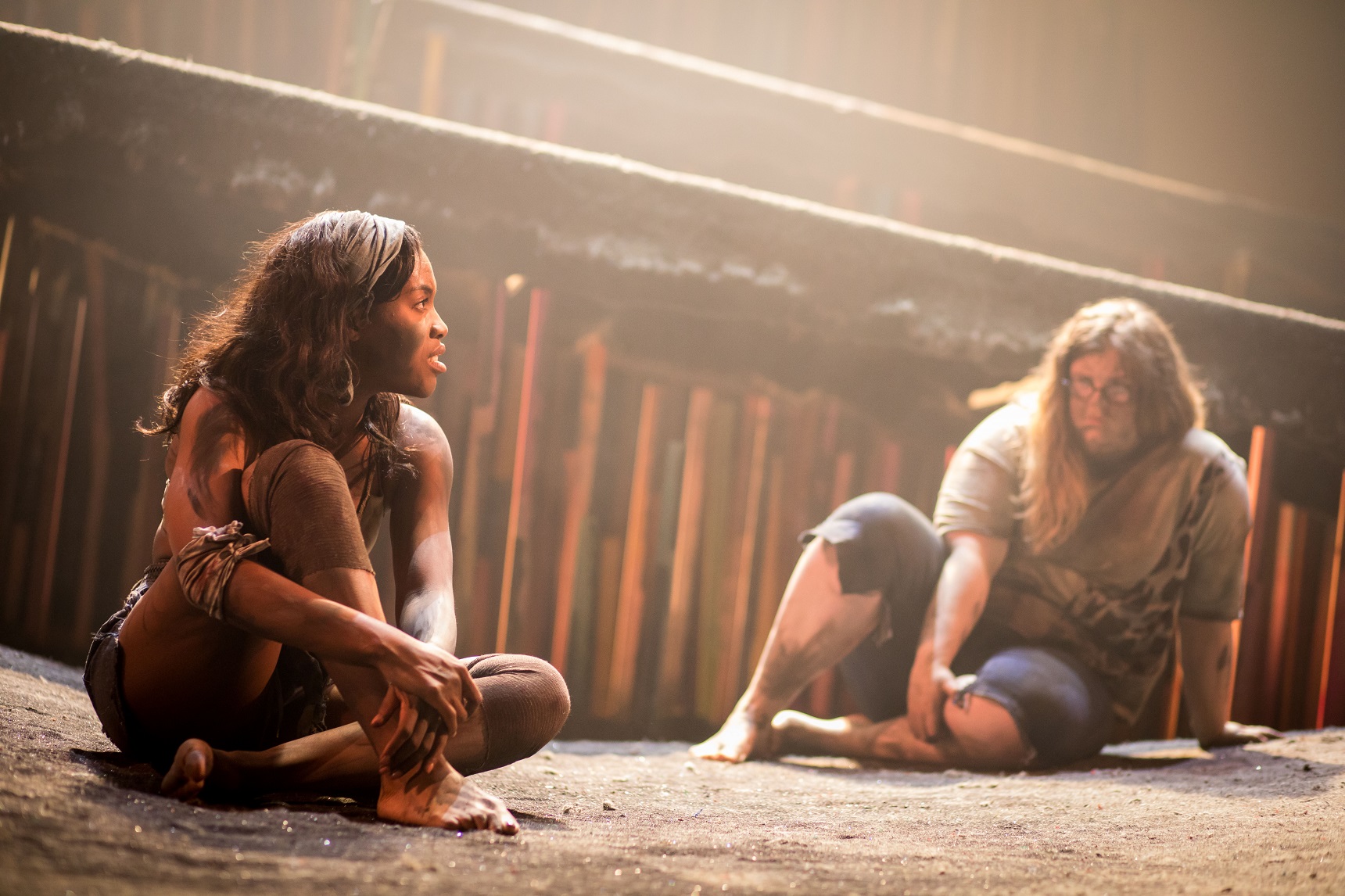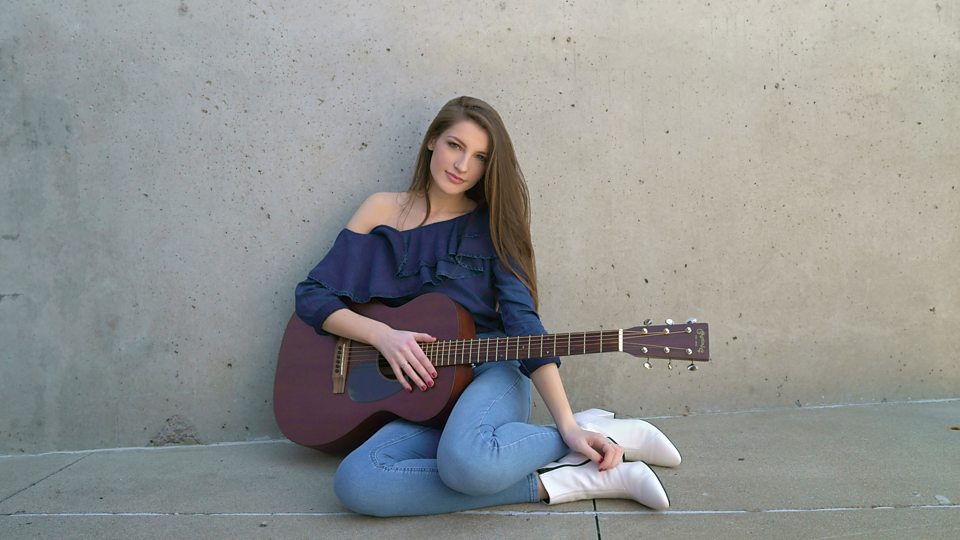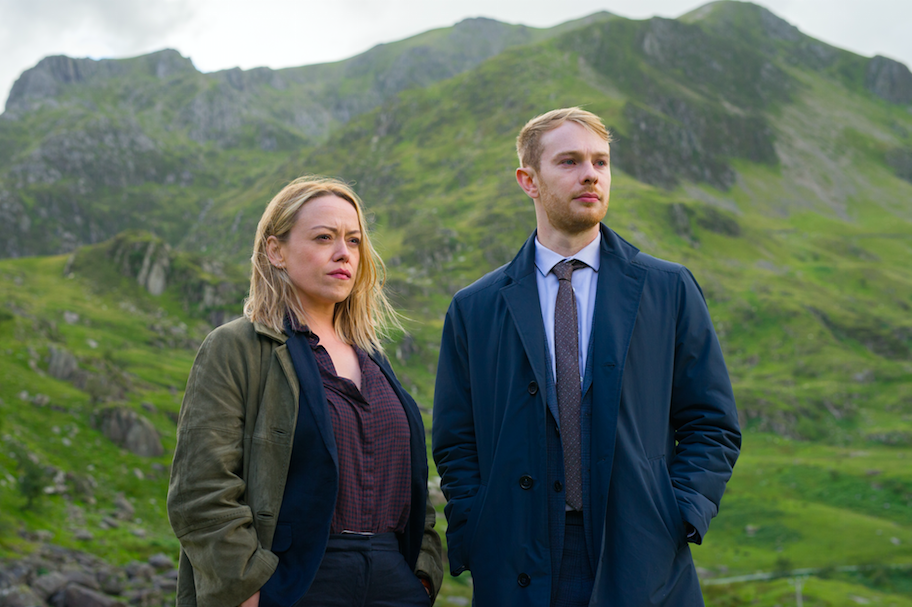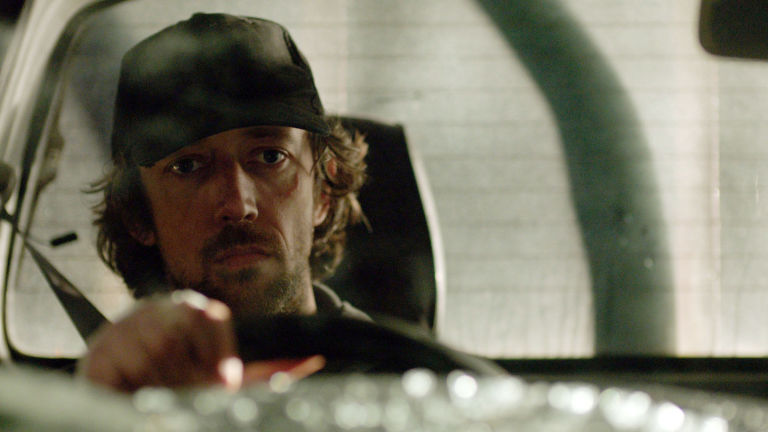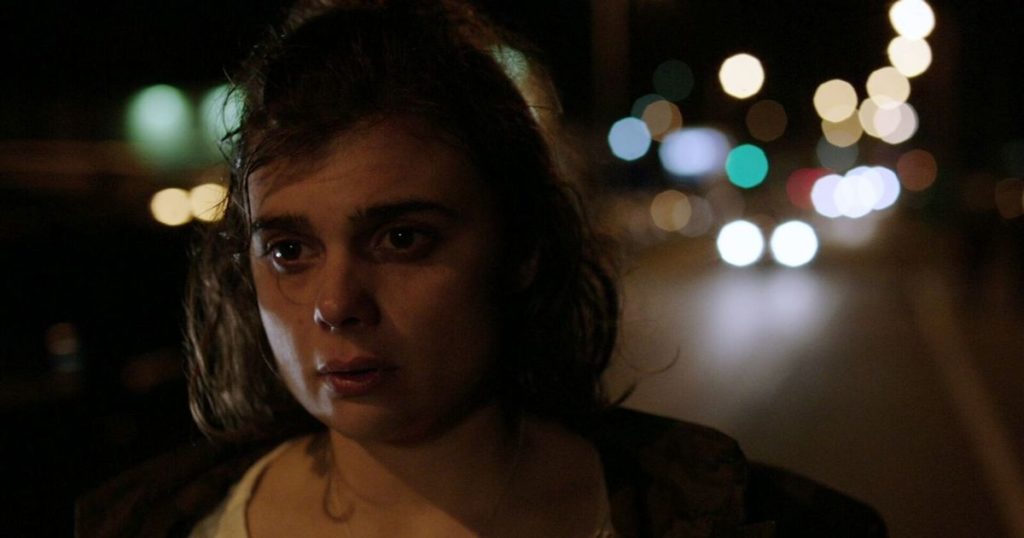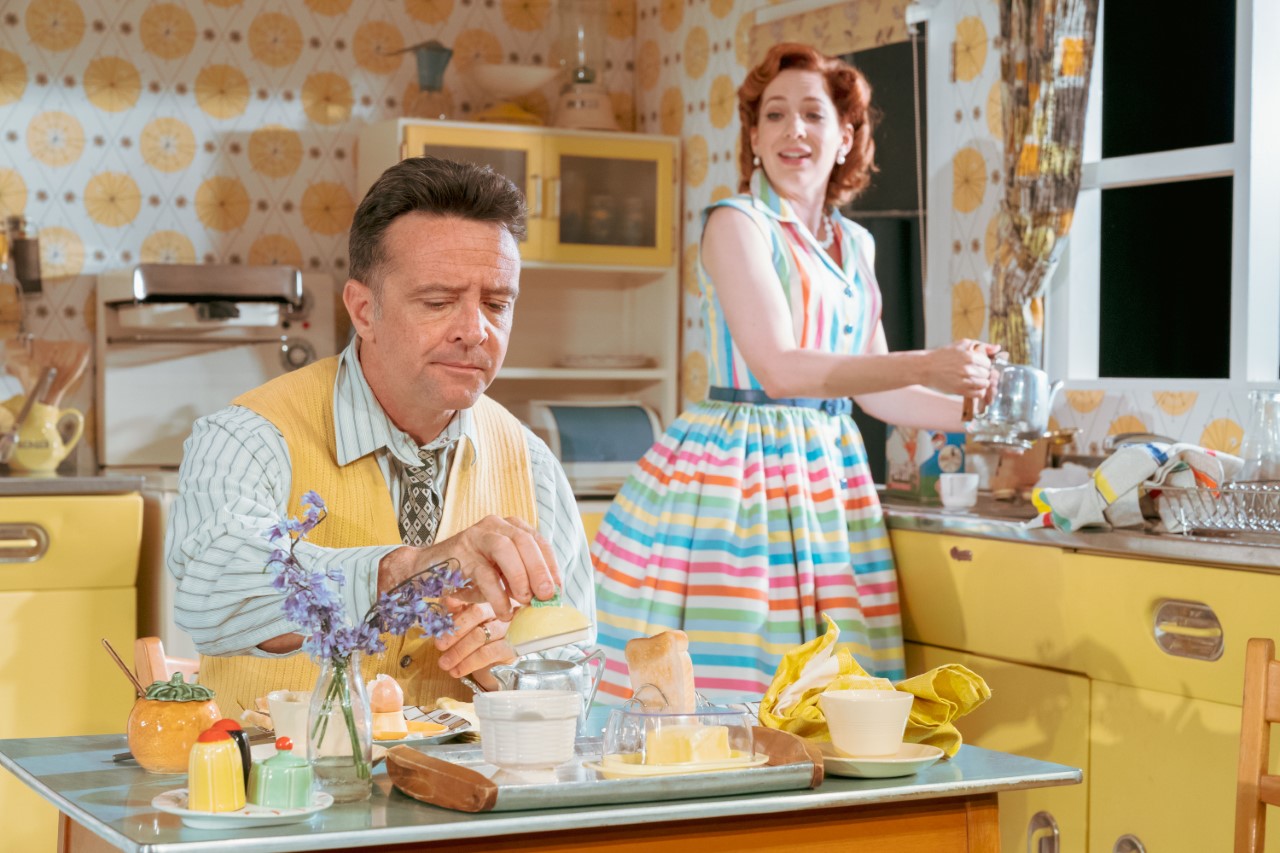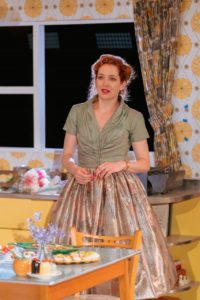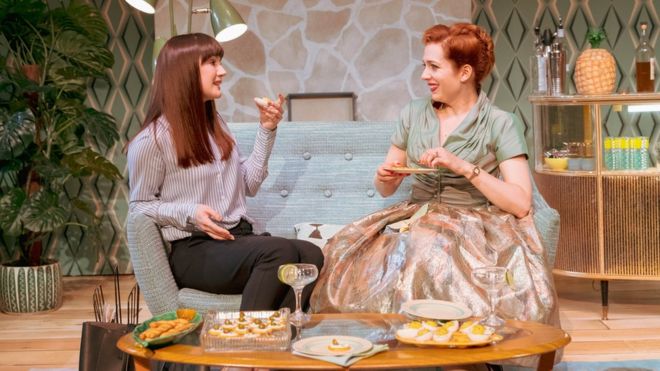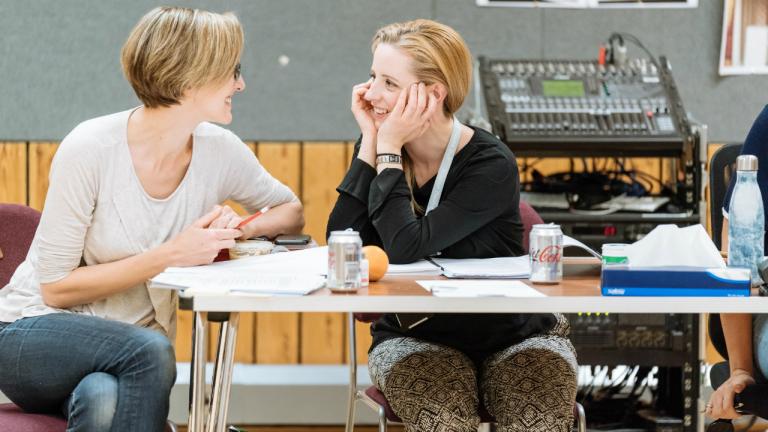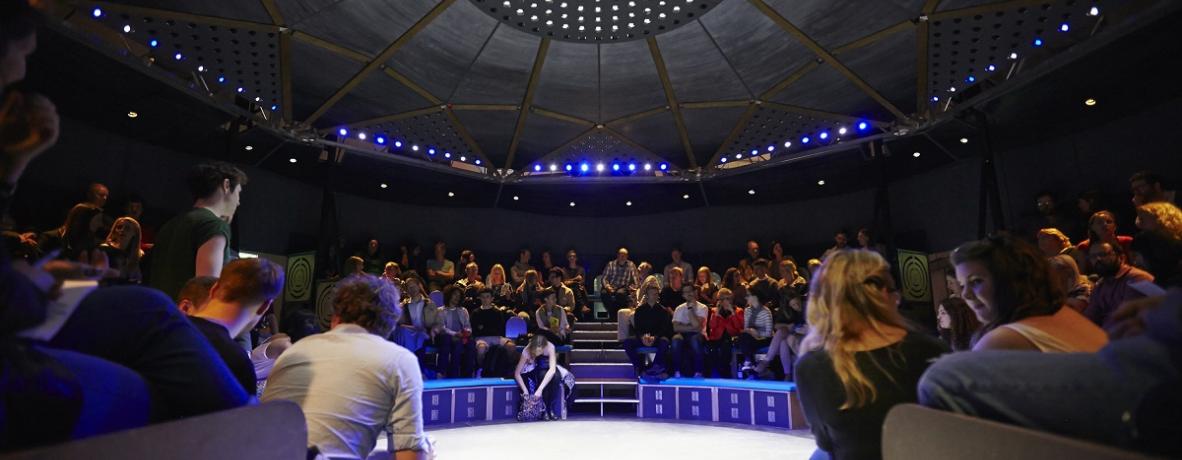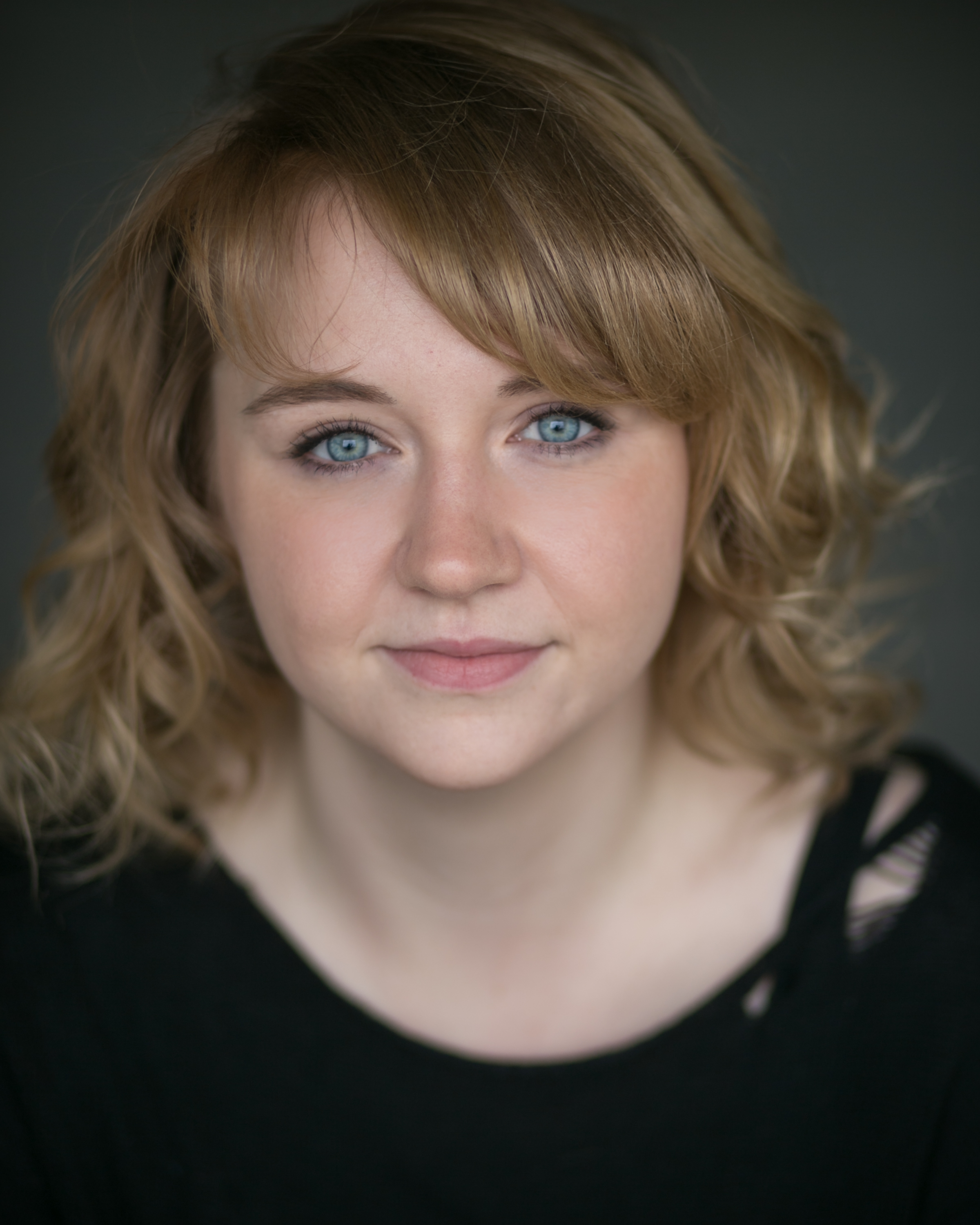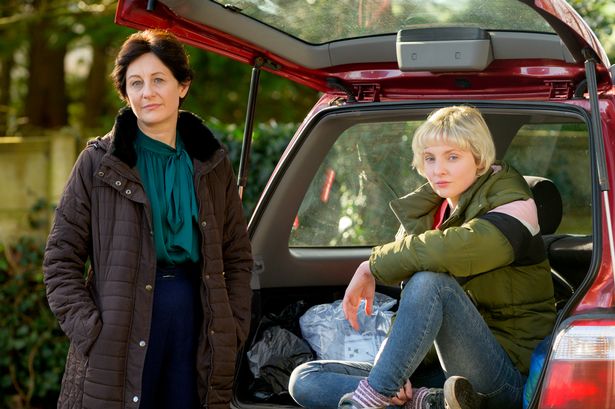
 (4 / 5)
(4 / 5)
Writer Siwan Jones blends social realism and surrealist comedy in the most delightful way in Enid a Lucy. The S4C mini-series, which came to a slightly abrupt end on Sunday night, made for an entertaining and enjoyable drama. Termed the ‘Welsh Thelma and Louise’ by some, Eiry Thomas and Mabli Jên Eustace certainly provide plenty of laughs as the two leads whose offbeat road trip takes them from Llanelli to London via the most unconventional of routes.
The drama begins on a modest housing estate in Llanelli where we meet next door neighbours Enid (Thomas) and Lucy (Jên). Enid is a piano teacher whose home is neat and tidy, fitted with mod cons and well lit. Meanwhile, Lucy lives in a dark, dank and messy space. The drained colour palette of the cinematography, as well as the use of handheld camera, gives the impression that this is going to be a gritty, class-based drama. The introduction of Lucy’s drunken and abusive boyfriend Denfer (Steffan Cennydd), in contrast with the genteel and traditional images of the Mother’s Union that Enid is involved in, only serves to underline the divide that exists between them. Yet early indications that this is going to be a serious piece of realist drama are confounded by the end of the first episode when Enid turns getaway driver for Lucy in order to escape the hapless Denfer and his buffoon of an uncle, Sid (Nicholas McGaughey). What follows is a random and raucous cat-and-mouse chase across the country as the men seek to reclaim a holdall containing drugs and a gun from Lucy, who is determined to use the contents in order to make a better life for her and her baby.
Siwan Jones’ script plays like a melody that is pitched just below hard-hitting but doesn’t quite decrescendo into absolute farce. It manages to deal with some big issues, such as childlessness and mental health, but these never feel forced. Neither are they allowed to consume the overall narrative, Jones ensuring that the escapades of Enid and Lucy are filled with much hilarity and randomness. This includes perhaps the most comical scene of the series, where two farmers that they end up staying with accidently take some of the drugs in the holdall. Actors Ifan Huw Dafydd and Rhodri Evan really let loose their inner zombie to produce a very funny scene. It borders on the ridiculous but never descends into the realms of the unbelievable. It is this kind of accurate measurement which Jones must be applauded for in the writing of Enid a Lucy.
My only bone of contention with this drama was the finale. It was as if a timer had suddenly gone off with five minutes to go and all the loose ends had to be tied up tout suite. It left me feeling rather out-of-kilter; that such a well-paced journey should end so abruptly. Although not quite on the same level as the conclusion to BBC1’s The Replacement (2017), it nevertheless conjured up similar feelings. It is a shame because, otherwise, Enid a Lucy is a great drama, with particularly notable performances from Eiry Thomas and Mabli Jên Eustace. Thomas, in particular, slips into her character with ease here; in contrast to her over-exaggerated performance as the detective in Keeping Faith, she is completely believable as Enid. She is a joy to watch, especially during her exchanges with Eustace: the two bounce off one another wonderfully.
It is great to see S4C, via producers Boom Cymru, giving a prime-time platform to female writers at the start of 2019. Both Fflur Dafydd (35 Awr) and now Siwan Jones have provided Welsh audiences with some quality TV drama already this year. Enid a Lucy may have only received a short run, but it was fun whilst it lasted. Its slightly left-field style follows on from some of Jones’ previous work – not least 2011’s Alys – but it still feels highly original. It would have been great to have spent longer with these characters. Despite its rather hasty end though, Enid a Lucy still manages to thoroughly entertain.
Watch the series on S4C’s Clic here.


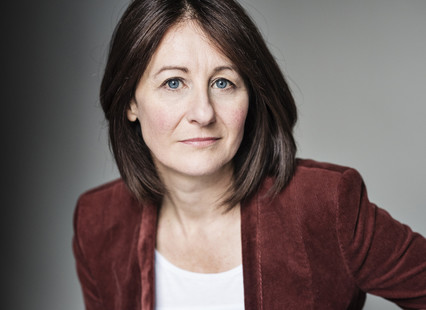
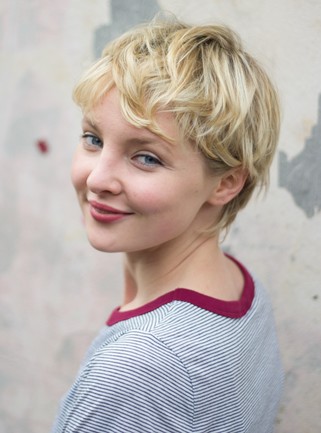


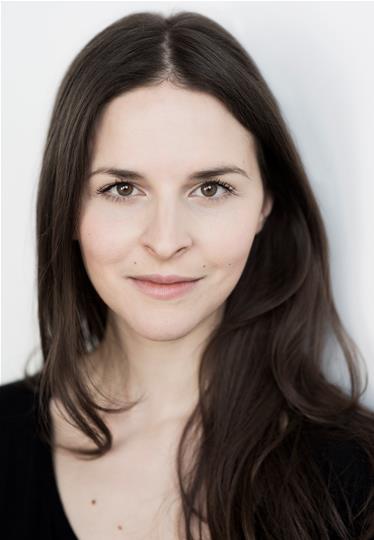
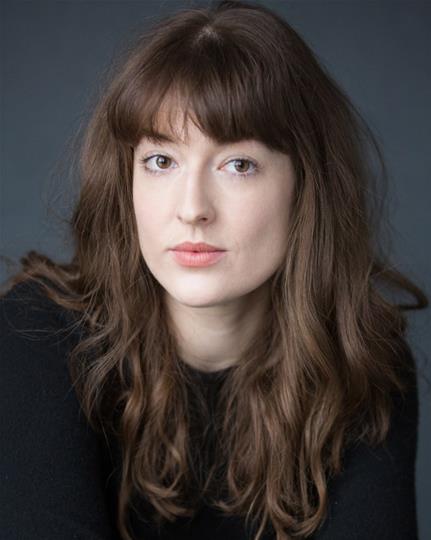
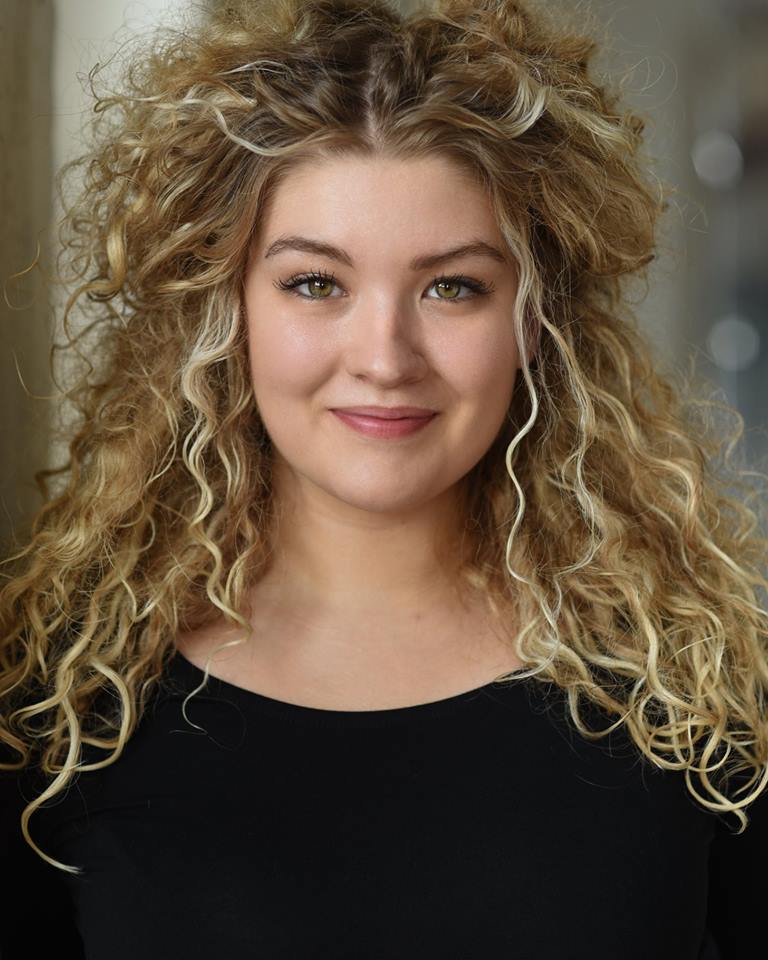
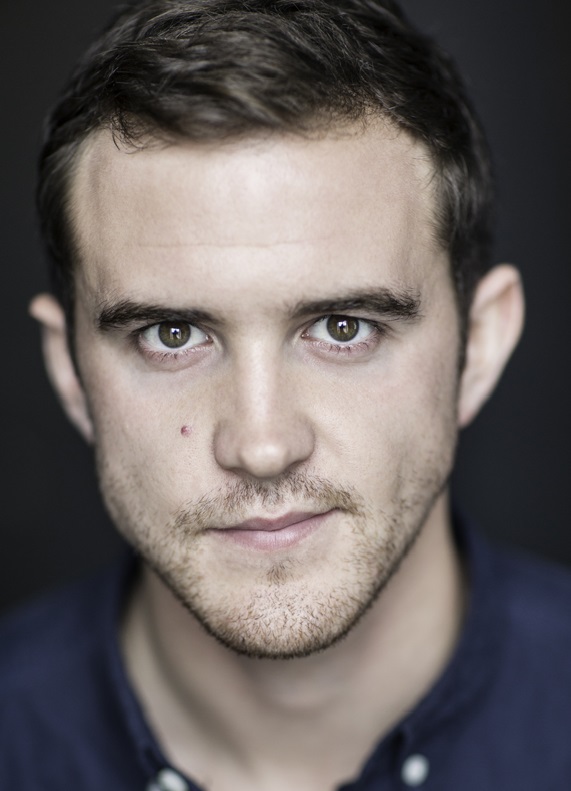
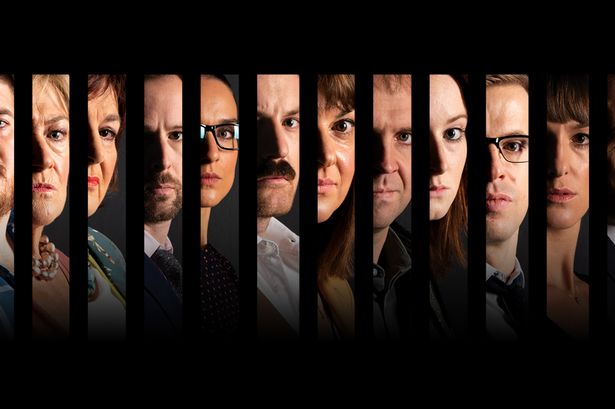
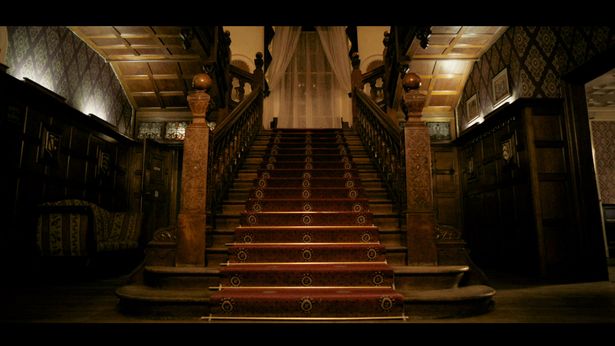
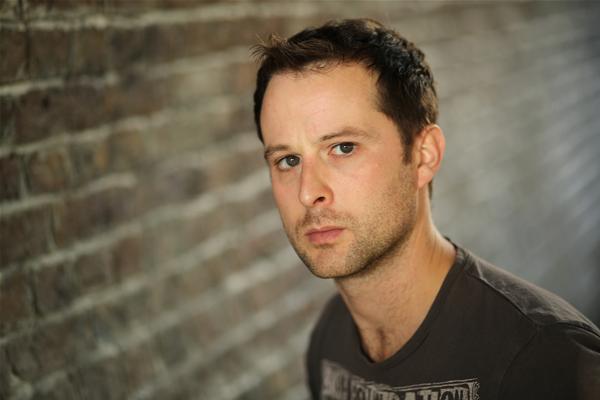
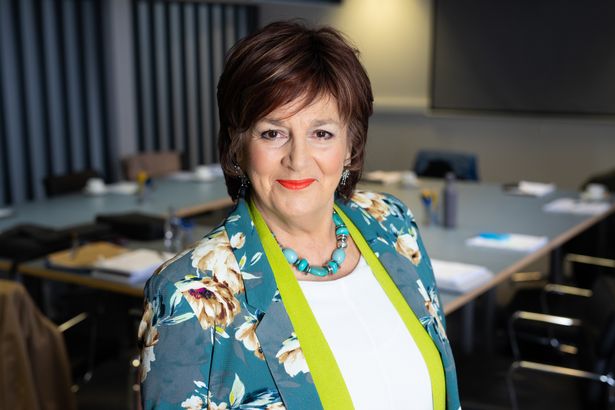
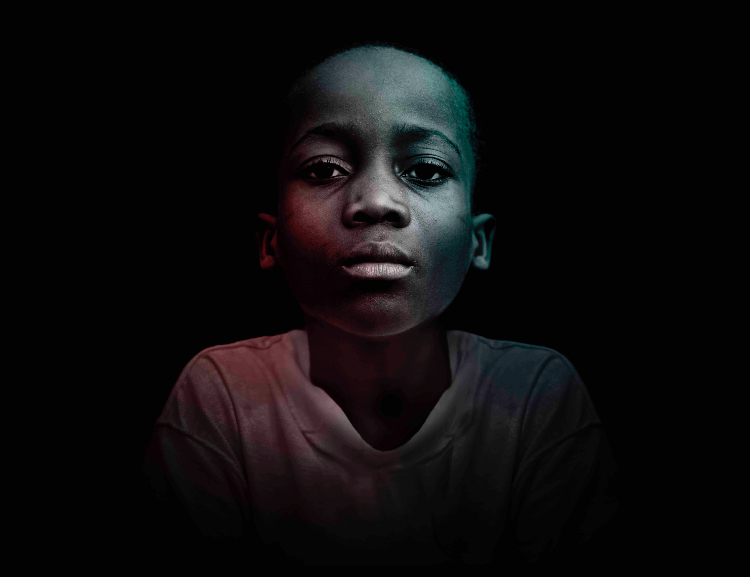
 (3 / 5)
(3 / 5)